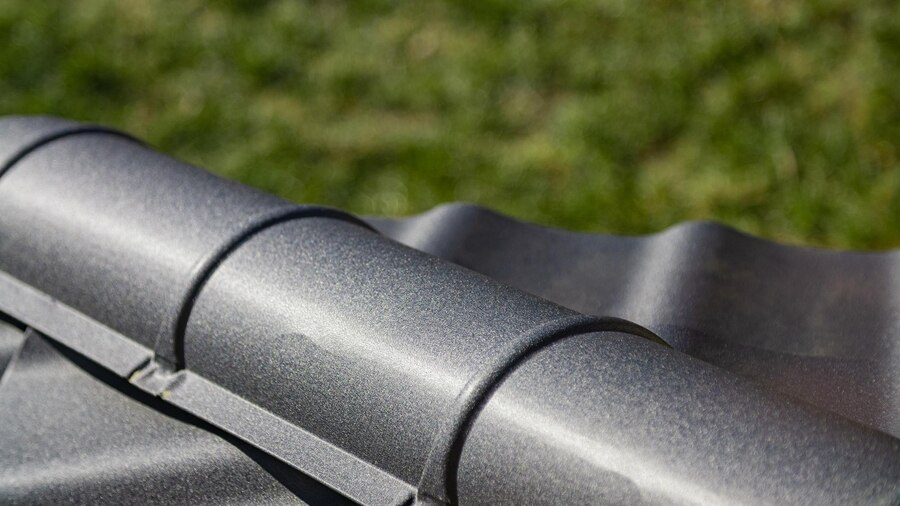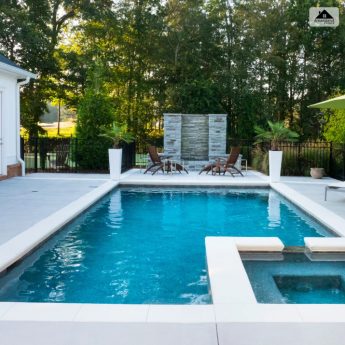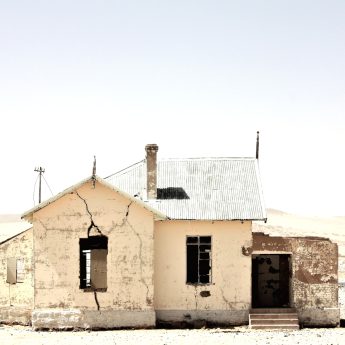6 Waterproofing Materials You Need For Your Home

Waterproofing your roof is vital to protecting your home from natural elements like snow, hail, or the sun’s extreme heat. The materials strengthen the foundations of your home by keeping water from penetrating them. Different waterproofing materials are suitable for all purposes, but you need to find the right one that suits your needs.
So read on and be guided on the different waterproofing materials.
What Are The Different Waterproofing Materials?
Choosing the right waterproofing material is vital in ensuring the protection and comfort of your home and household. Knowing the right material is vital in applying the right material to surfaces in high contact with water. Check out the different waterproofing materials that will protect your home.

1. Polyurethane
Polyurethane is one of the best waterproofing materials on the market. It helps decrease the water absorbency of surfaces like concrete. As a waterproofing material, polyurethane helps fill all capillary cracks and harden the uppermost surfaces. It is designed not to be affected by external factors.
2. Rubberized Asphalt Coating
Also known as bituminous coating, rubberized asphalt protects your home from natural elements. It is known for its flexibility and low moisture vapor permeance. It is also used as a protective coating for RVs and campers. The rubberized coating can help reduce cracking, noise, and hydroplaning when used on concrete. And while placing it, remember to protect yourself by wearing safety shoes such as Kryptek boots.
3. Cementitious Coating
This waterproofing material contains active ingredients like organic and inorganic chemicals, sand, and silica-based substances combined with lime. The cementitious coating is often combined with tap water. Experts also use an acrylic additive for a more long-lasting and solid coating. This waterproofing material comes in spray and liquid forms. Although it is easy to use, one of its biggest disadvantages is its lack of flexibility.
4. PVC Membrane
This waterproofing material is made from polyvinyl chloride and is mainly used for waterproofing roofs. Because it is water resistant, you get an assurance that it will keep the water out. Although it is mainly used for roofs, PVC membranes are commonly used for tunnels, pools, and structures underground.
5. Bituminous Membrane
Bitumen is asphalt or coal tar combined with sticky organic liquids. Bituminous membranes are often used for commercial and residential buildings. It comes in the form of roll roofing materials, and roofing felt. However, there are many disadvantages associated with this type of waterproofing material. It is combustible, which may result in respiratory problems in the future.
6. Thermoplastic
Although not one of the cheapest Bayset waterproofing supplies, thermoplastic offers many benefits. If you want durability, thermoplastic fits the billing perfectly, providing at least 50 or more years of life to your roof. With proper heating, this waterproofing material transforms from solid to semi-solid. This is the perfect material for sealing sheets or panels together.
Find The Right Waterproofing Material For Your Need
When it comes to waterproofing materials, not everyone is created equal. Depending on your purpose, you must do your assignment and choose the right material to protect your home’s roof.
Additional:











Leave A Reply